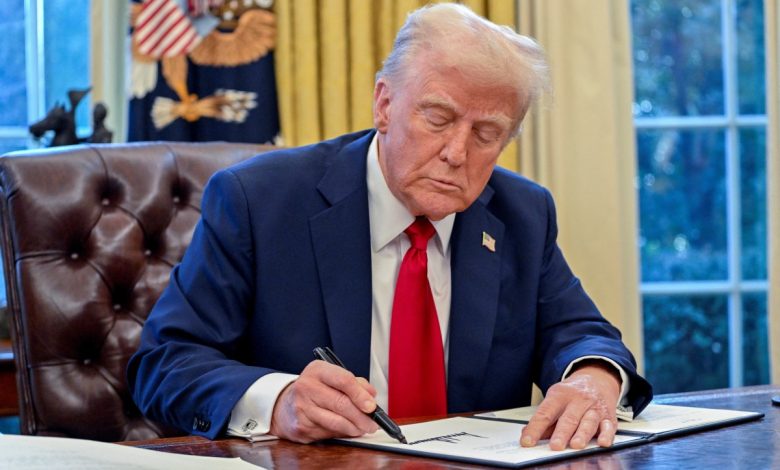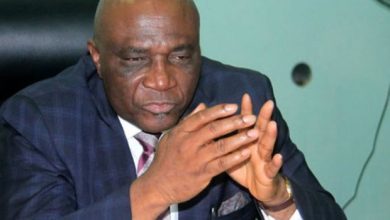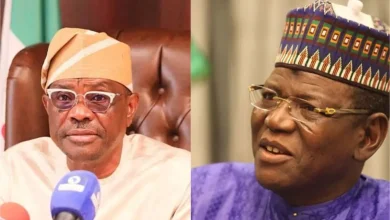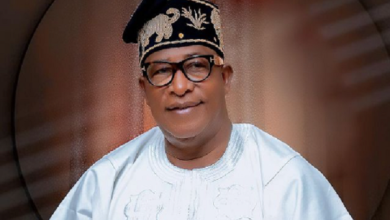Trump’s New Tariff Threat Puts Nigeria’s Fragile Economy at Risk

The United States President Donald Trump’s recent warning to impose a 10% tariff on nations who are part of the BRICS coalition could put further burden on Nigeria’s already shaky economy.
Ahead of the US elections, Trump has reportedly stepped up his trade rhetoric. On Sunday, he issued a warning via his Truth Social platform that any country that supports the “anti-American” policies of the BRICS will be subject to an additional import tax. “This policy will not be subject to exceptions,” he stated.
Following its official designation as a BRICS partner nation in January 2025, Nigeria has taken part in the group’s meetings and projects.
Nigeria’s continuous participation as a partner country in the expanded BRICS framework was marked on Saturday when President Bola Tinubu arrived in Rio de Janeiro for the 17th BRICS Summit at the invitation of Brazilian President Luiz Inácio Lula da Silva.
Read Also: Ignore Politicians Who Failed in 2023 Promises, Ajadi Urges Nigerians
Brazil, Russia, India, China, and South Africa were the founding members of the group; six more nations—Egypt, Ethiopia, Iran, Indonesia, Saudi Arabia, and the United Arab Emirates—were admitted in 2024.
Nigeria is making a significant contribution to high-level discussions, policy formulation, and summit pronouncements, despite its membership still being below full status.
The BRICS countries warned that “indiscriminate” import taxes could cause economic instability worldwide and collectively denounced them on Sunday. As tensions with Washington increased, the coalition strongly denounced recent US-Israeli bombings on Iran.
It was recognized that Nigeria, the biggest economy in Africa, still depends significantly on crude oil, with more than 90% of its exports to the US being petroleum.
Notwithstanding Nigeria’s negligible contribution to US trade overall, any additional tariff, especially on non-oil exports, might hinder diversification efforts and impede economic expansion.
Nigeria’s economy has been struggling since 2023 with rising inflation, unstable currency, and the effects of significant changes including the elimination of fuel subsidies and the implementation of a flexible exchange rate.
The Central Bank of Nigeria (CBN) reports that headline inflation increased from 18.85% in 2022 to 34.2% in mid-2024 before beginning to decline to 27.5% by mid-2025.
Although there has been some respite, consumer prices are still high, and unemployment is still threatening to dampen recovery expectations. In recent sessions, the CBN’s Monetary Policy Committee has maintained interest rates in an effort to reduce inflation.
There are worries about growing poverty and inequality because GDP growth has only averaged 2.3% over the past ten years, which is less than the pace of population growth.





